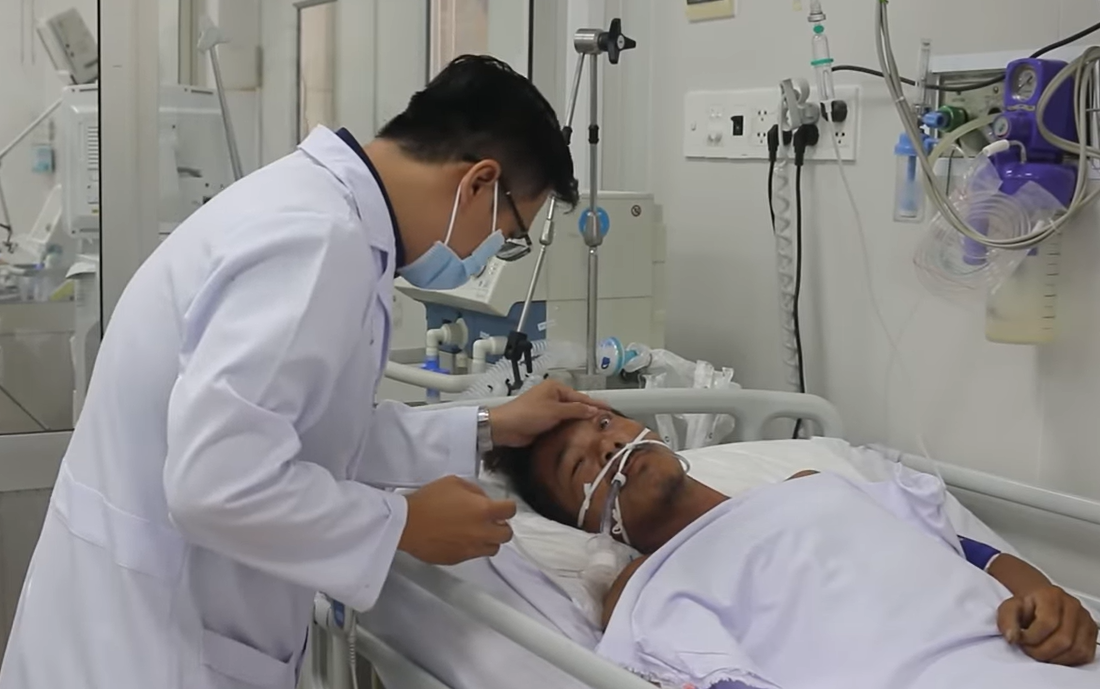
This information was shared by Dr. Le Quoc Hung, Head of the Department of Tropical Diseases of HCM City’s Cho Ray Hospital, at a recent international conference on toxicology.
According to Dr. Hung, in the past 10 years, the anti-poison resuscitation unit of Cho Ray Hospital has treated 14,294 cases of acute poisoning.
The most common cases are snake bites, and poisoning caused by pesticides, drugs, or food. In addition, some patients have been poisoned by an unknown agent and many have died.
Dr. Hung said the number of patients bitten by venomous snakes has increased. Fewer than 300 cases were recorded in 2010-2011, but the number rose to over 700 cases in 2018-19. The overall mortality rate is 0.5%.
According to Dr. Hung, there are 8 species of venomous snakes that bite humans, of which the 4 most common species are Trimeresurus stejnegeri and Calloselasma snakes, Indochinese spitting cobra and Monocled cobra. The number of patients bitten by king cobras and red-necked snakes is less than 5%, but the rates of severe poisoning and mortality are high.
Currently, Vietnam can produce only antivenom against Trimeresurus stejnegeri snake and Monocled cobra. Anti-venom serum of Calloselasma snakes is scarce due to import difficulties. This makes the increase of the number of deaths from snakebites.
If there is enough snake antivenom serum, patient can recover in a few days. Otherwise, they can be still treated with other resuscitation measures but they will have to use mechanical ventilation for 2 weeks and suffer many complications.
According to Dr. Duong Huu Thai, Director of the Institute of Vaccines and Medical Biologicals (IVAC), each year, IVAC produces 15,000 doses of antivenom serum and 40,000 doses of antivenom serum against bamboo vipers.
In 2021, a laboratory-scale production process of Calloselasma snakes and blue krait was built. IVAC has produced 3 batches of finished products and has been granted a quality certificate by the National Institute for Accreditation of Vaccines and Medical Biologicals.
IVAC is conducting preclinical trials on laboratory animals and developing clinical trial protocols. It is expected that in 2023-2025, it will coordinate with the Anti-Poison Center of Hanoi’s Bach Mai Hospital in a state-level research project on snake venom.
Linh Giao